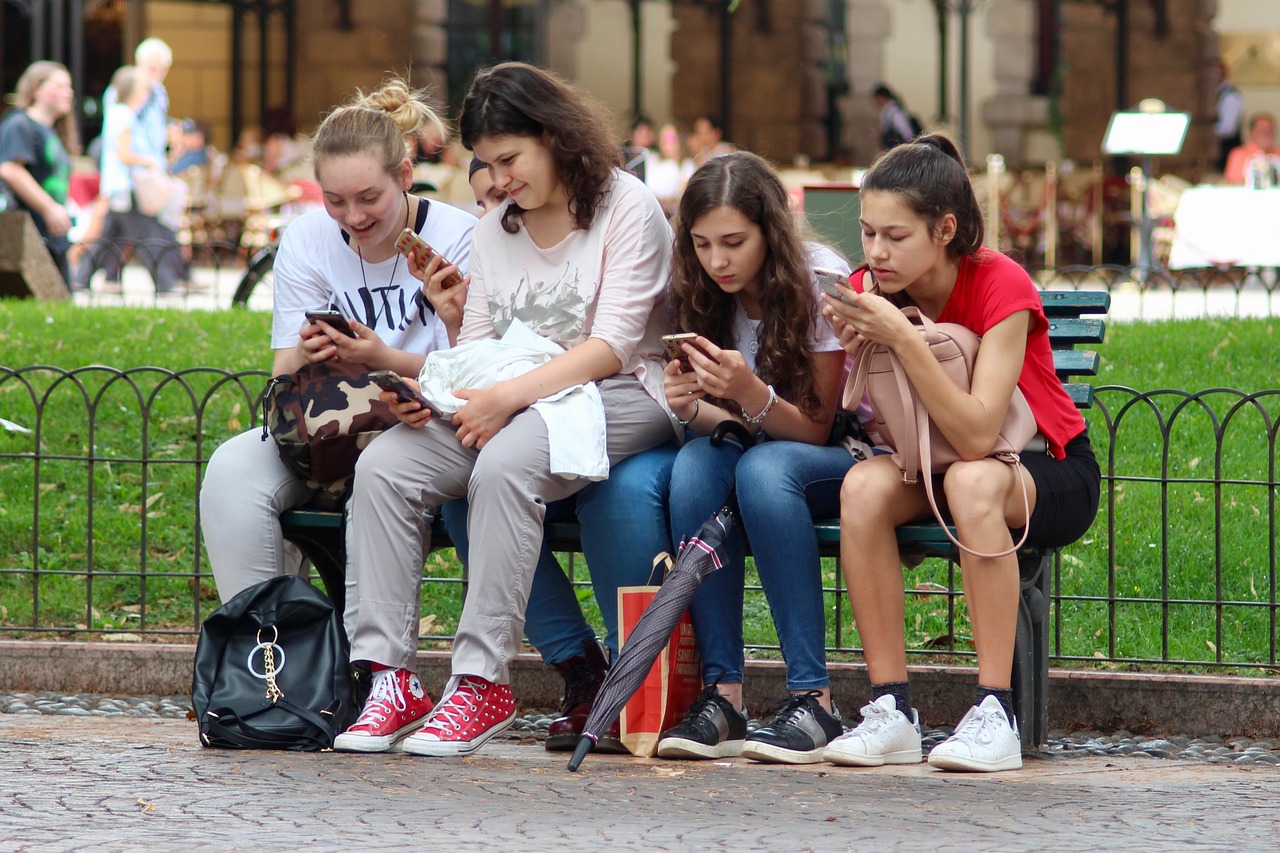Have you ever noticed how the relentless ticking of a clock seems to control your life? Every time you check the time, does a wave of anxiety wash over you? You’re definitely not alone in this feeling. In our tech-driven world, where smartphones often replace traditional wristwatches and wall clocks, we find ourselves entrapped by the constant measurement of time. Yet, there’s a growing community of individuals opting out of this relentless time-tracking. Let’s dive into the psychological impacts of our obsession with the clock and uncover the benefits of living a clock-free existence.

Why don’t we jump off the clock?
Our modern lifestyles have conditioned us to meticulously plan each second of our days. From the moment we wake up to the sound of an alarm to when we finally fall asleep, we are constantly reminded of the time slipping away. This heightened awareness comes with a steep cost, not just in terms of education but also through the persistent reminder of tasks yet to be completed, looming deadlines, and an ever-present fear of falling behind. This habit of clock-watching can lead to increased anxiety and a diminished ability to savor the present moment. Consider how this affects our creative processes.
Creativity truly thrives in environments where the mind is allowed to wander and explore freely, devoid of the ticking clock’s pressures. When we free ourselves from the constant reminders about how much time has passed or what lies ahead, we grant ourselves the opportunity to dive deeply into our work. This level of complete immersion allows for a true connection with our tasks, free from the anxiety of upcoming appointments or the urge to rush to the next obligation. It is during these moments of unbroken focus that true creativity and innovation are born.
However, it’s not just about enhancing our work; it’s about enriching our entire lives. By liberating ourselves from the constraints of timepieces, we instinctively begin to live more authentically. We eat when we’re hungry, sleep when we’re tired, and work when we feel most inspired. This natural rhythm aligns better with our body’s internal clock, resulting in a life that feels more manageable and less stressful.
This view, although illogical in appearance, declares that we will act more efficiently and will feel better due to paying less attention to time. This is because society has conditioned us to feel that proper time management is the way forward to success. However, in reality, this very concern of ours with time is bad for us. It may lead to fragmented attention whereby we constantly switch our focus from one activity to another without really engaging in a single activity. If we reduce the number of times that we check our watch, we are cultivating a more focused and considerate approach in daily living.
That said, I’m not advocating for a complete dismissal of the concept of time. Time serves essential roles in our lives, aiding in coordination and fulfillment of obligations. The key distinction lies in understanding the difference between being governed by time and using it as a helpful tool. By intentionally deciding when to engage with the concept of time, we can reclaim our lives and our mental well-being.
So how might we start to slip away from the glare of the clock? Small, purposeful activities are an excellent starting. Turn off the desktop clock on your computer and battle the desire to check your phone every few minutes. Except for setting an alarm to go to certain specified meetings, let the day flow organically. Pay attention to the messages from your body and the objects around you, not those arbitrary figures on the screen. You could rediscover the delight again of being in the moment, without the weight of time passing by doing so.
Embracing a Clockless Life
The clock-free movement focuses on redefining our relationship with time rather than rejecting it entirely. We have the autonomy to choose how and when we want to engage with time, rather than allowing it to dictate our lives. Remarkably, this idea isn’t entirely new; it harkens back to an era when time was measured by the sun’s position and the seasons’ rhythms, rather than the relentless ticking of a clock.
Moreover, there’s a broader yearning for simplicity and clarity driving the trend toward a clock-free lifestyle. Shedding one source of constant distraction in a world overloaded with stimuli can be incredibly liberating. It enables us to connect more profoundly with the world around us, allowing us to engage fully in our relationships and activities.

Of course, shifting to a clock-free lifestyle presents its challenges. It requires cultural shifts and the courage to question deeply ingrained beliefs about time management and being productive. We must confront the discomfort that may arise from resisting societal norms surrounding punctuality and time awareness.
Nonetheless, the potential rewards are substantial: we release ourselves from the watchful eye of the clock, paving the way for more rest, introspection, and joy. This journey allows us to live life to the fullest while adopting a more intentional approach toward both work and leisure. It leads to a more peaceful and balanced existence, where we see time as a resource under our control rather than an authority we must obey.
Ultimately, the movement toward a clock-free lifestyle is not just a passing trend; it reflects a deeper desire for a more harmonious relationship with time. It encourages us to reassess our priorities and devise new ways to live each day with intention and presence. As we explore this possibility, we may discover a way to navigate our lives with greater freedom—hour by hour, minute by minute. After all, time is like a canvas upon which we paint our life stories, and we hold the brush to choose the colors and strokes that will best illustrate our unique narrative.
Related posts:
The Case For Not Knowing What Time It Is
Changing Clocks for the Last Time? The Latest News on Daylight Saving Laws
Daylight saving time: Why are we still changing the clocks?





